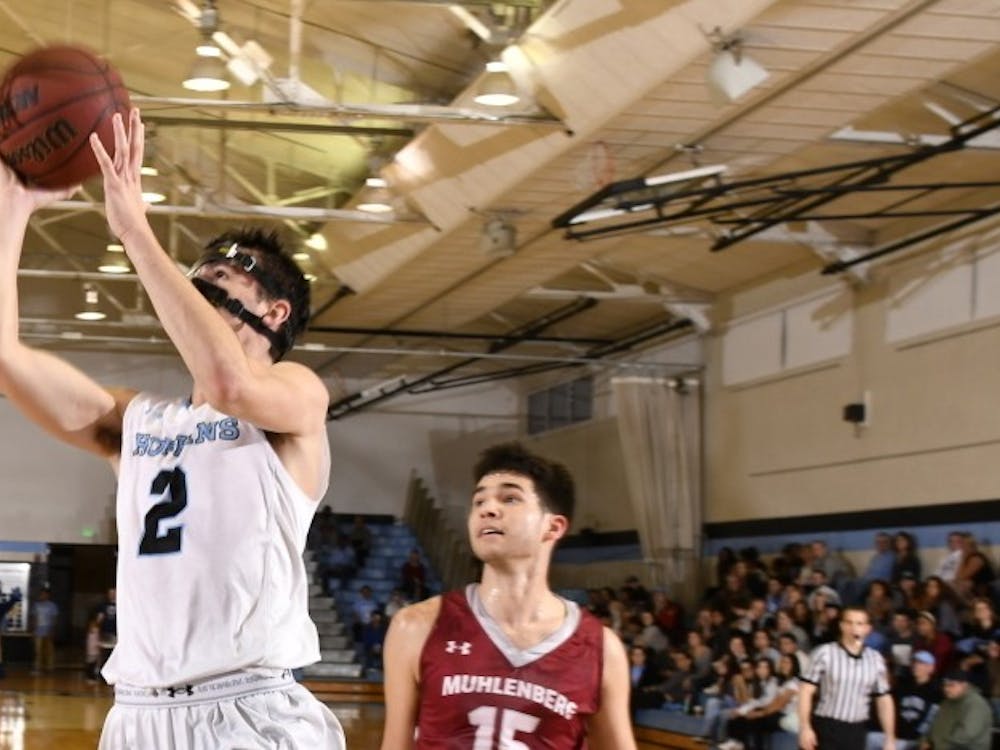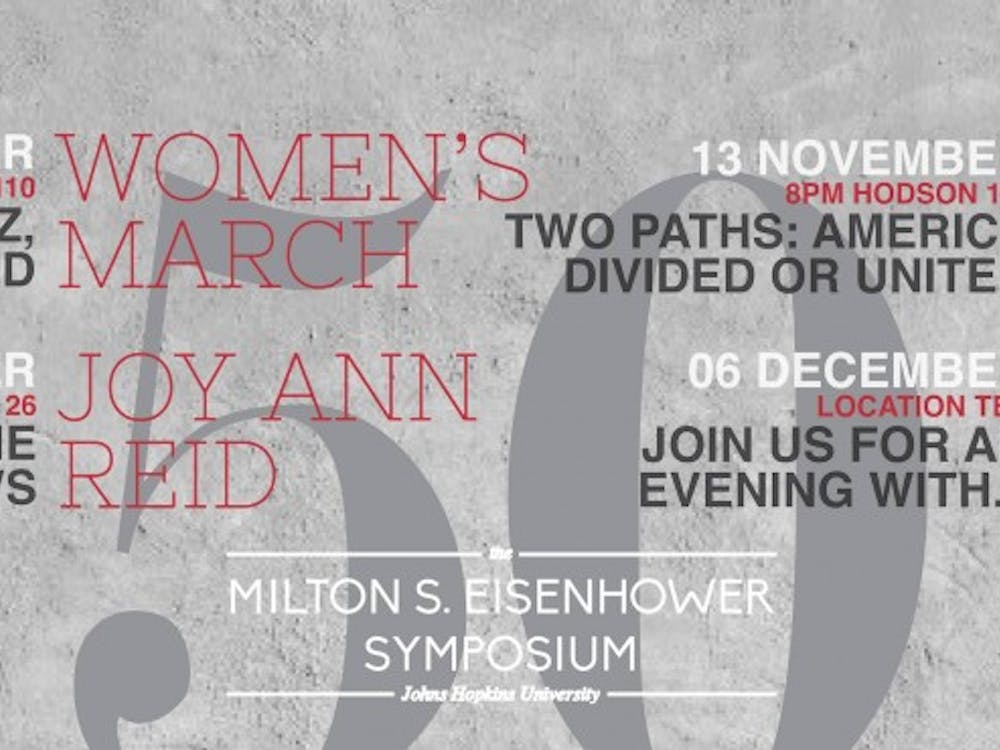On Sunday, Nov. 2, a sexual assault of a 16-year-old girl at the Sigma Alpha Epsilon (SAE) fraternity house was reported. The next day, the Inter-Fraternity Council (IFC) voted to ban open parties (any party that isn’t a mixer, date party or formal) for the remainder of the semester. However, University officials later expanded the interim ban to include all social activities held at any of the 12 IFC fraternities. The administration informed the IFC on Thursday night, Nov. 6, that this ban would be effective that weekend and would remain in place until an implementation team had met and developed a plan to better ensure student safety at fraternity parties. They did not inform the general student body, though, until Monday in a JHBroadcast email that explained the decision. By then, rumors and misinformation were already spreading, and the first weekend in which the ban was effective had already passed.
The Editorial Board criticizes the administration’s lack of transparency with regards to its decision-making process, as well as the absence of student consultation. Confusion surrounding the administration’s decision resulted in harmful speculation about the future of Greek life here at Hopkins. This misinformation could have been avoided had the administration honored the importance of transparency when dealing with an issue that has implications for the entirety of the student body — not just fraternity members. Given the University’s turbulent history with handling sexual assault allegations, it is easy to see why the administration is on such shaky ground when it comes to trust from the student body.
The email explaining the ban stressed the importance of the broader Hopkins community in combating sexual assault. The email also noted that the University was working with various University and student groups in order to address issues in the “Johns Hopkins way: openly.” The Editorial Board finds it questionable that the administration would emphasize openness and collaboration with students when seemingly no student groups were consulted about the ban expansion and the student body was not adequately informed. We understand the administration’s need to step in and respond unilaterally in the most severe situations, and we do not believe there was any harm or misdirection intended in the decision to not inform the student body of the decision until this past Monday. Furthermore, we understand that there are instances in which the administration is unable to inform the community of certain matters due to the confidentiality of some investigations. However, this was not one of those instances. Moving forward with the implementation team and the changes that will be made to Greek life operations, the student body needs to be kept aware of the progress being made. Fraternity parties are the most popular and most prominent nightlife near campus, and regardless, the culture and status of Greek life affects the campus climate as a whole. Therefore, the decisions that will be made in the coming days and weeks need to be shared with the entire community in an open and timely manner.
Following the administration’s email, the Student Government Association (SGA) released a statement stating that it “fundamentally oppose[s] any decision-making process that excludes student input.” The statement also called out the administration for disregarding the resolution made by the IFC with the collaboration of the Office of the Dean of Student Life: “This action is a breach of our trust and respect.” It is especially unfortunate that the SGA was not consulted by the administration, given that the SGA is a body of elected student representatives. The Editorial Board commends the SGA on its decision to hold the administration accountable and hopes that they continue to push for more transparency and collaboration with University officials. We hope that many members of the student body will attend the SGA community forum this evening in order to share ideas and be an active part of this campus conversation. We also urge the SGA to continue to demand its right to be included in discussions that affect such a large percentage of the student body.
We want to emphasize that it is crucial to remember that at the heart of the debates surrounding this situation is the sexual assault — the survivors, the assailants and the widespread culture that permits such a high societal incidence of sexual violence. The polarizing nature of the ban on fraternity events — certainly compounded by the confusion that results from a lack of information — detracts from the crucial issue of preventing and responding to sexual assault on our campus, and it does not create a safe environment in which survivors are encouraged to speak out. Many survivors of rape don’t report their abusers for fear of embarrassment or disregard; survivors here at Hopkins, not wishing to draw ire from their schoolmates, may be even less likely to speak out if the conversation about sexual assault is dominated by complaints about not being able to go to social events during the weekend. We believe that remembering to respect and listen to survivors is essential to having a productive conversation about rape and sexual assault.
The Editorial Board believes it is imperative that the nature of this conversation changes. Students and administrators should move forward by working collaboratively and transparently. Conversations should center on effecting change within our institutions and on finding lasting solutions.
















